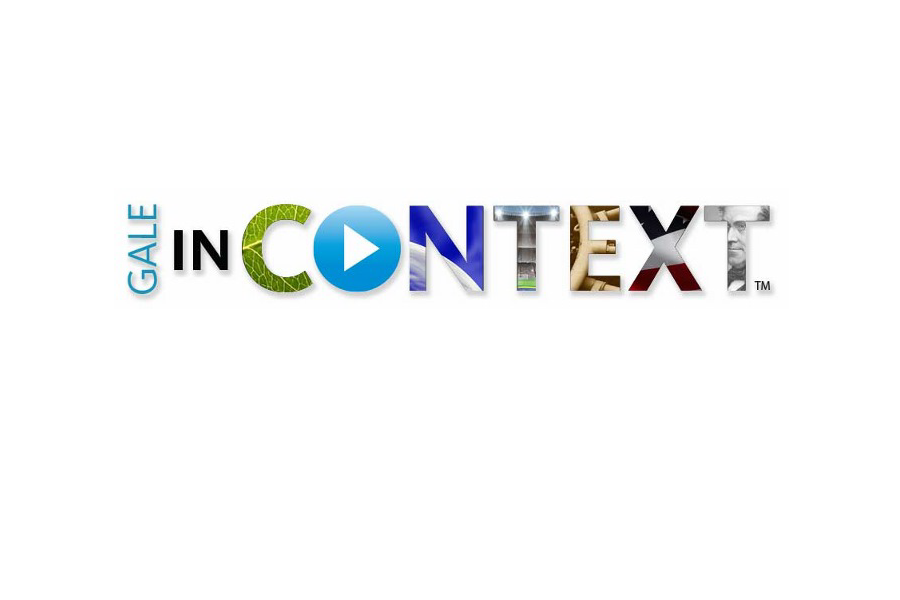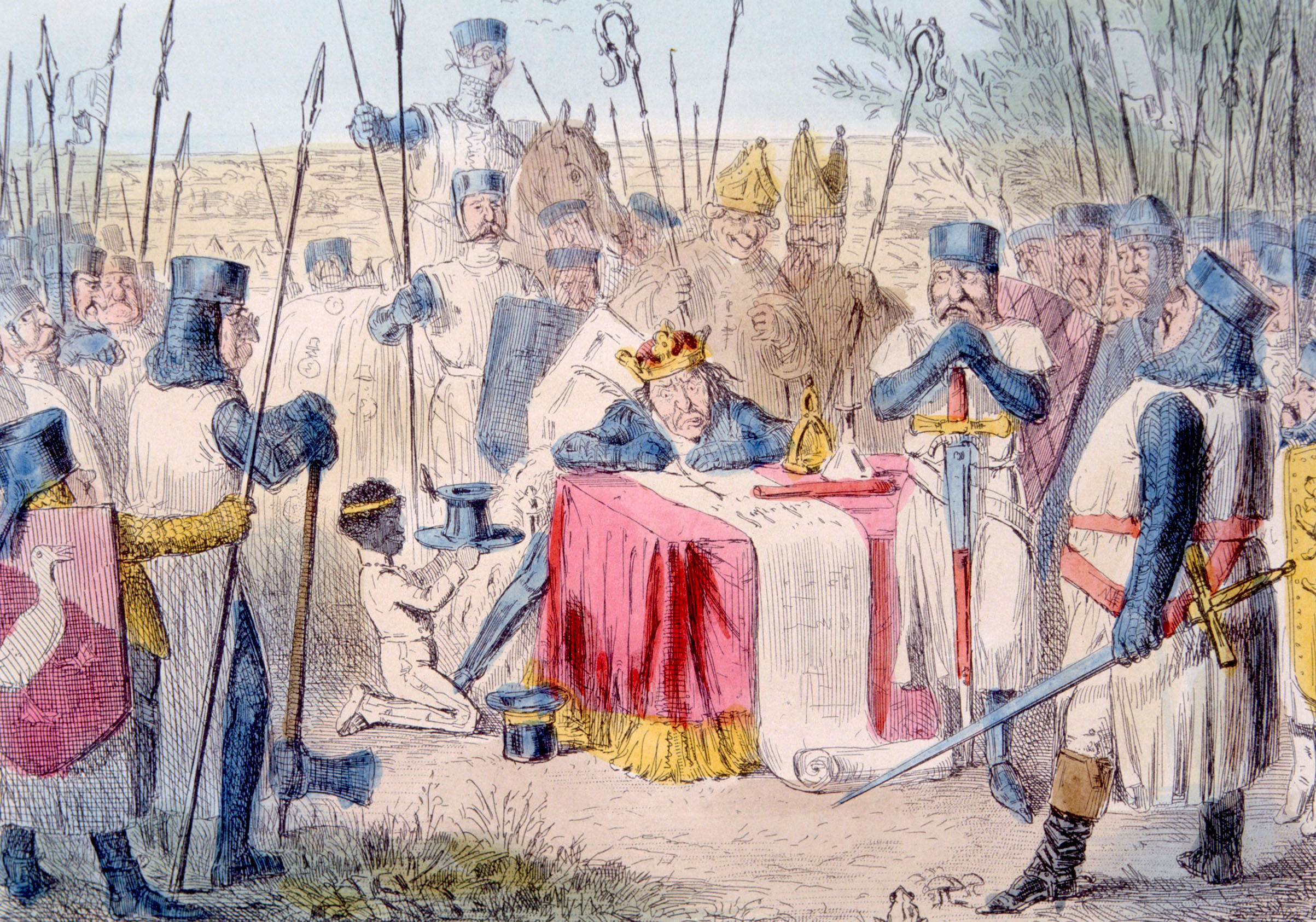Posted on June 30, 2015
Both DemographicsNow! and DemographicsNow! Business and People have new tools and new EZ reporting great for start-ups and small business.
Enhancements to DemographicsNow include the following:
- New EZ Report: Sizing Your Market— Calculates the market size based on geography selections and expenditure variables to see which local areas may have a need for a certain type of business.
- User inputs up to 25 geographies and a customized Census Area Projections and Estimates (CAPE) variable tree with current year estimates and 5 year projections.
- The output report contains:
- Bar chart comparing the average expenditure ($) of user selected geographies
- Number of households in the geography
- Average expenditure per household
- Market Size
- Users can now save and upload report templates with custom variables.
- Users can edit report titles that display on the preview screen and the downloaded version of a custom report.
- Link to CAPE variables spreadsheet.
- Thematic coloring default turned off.










